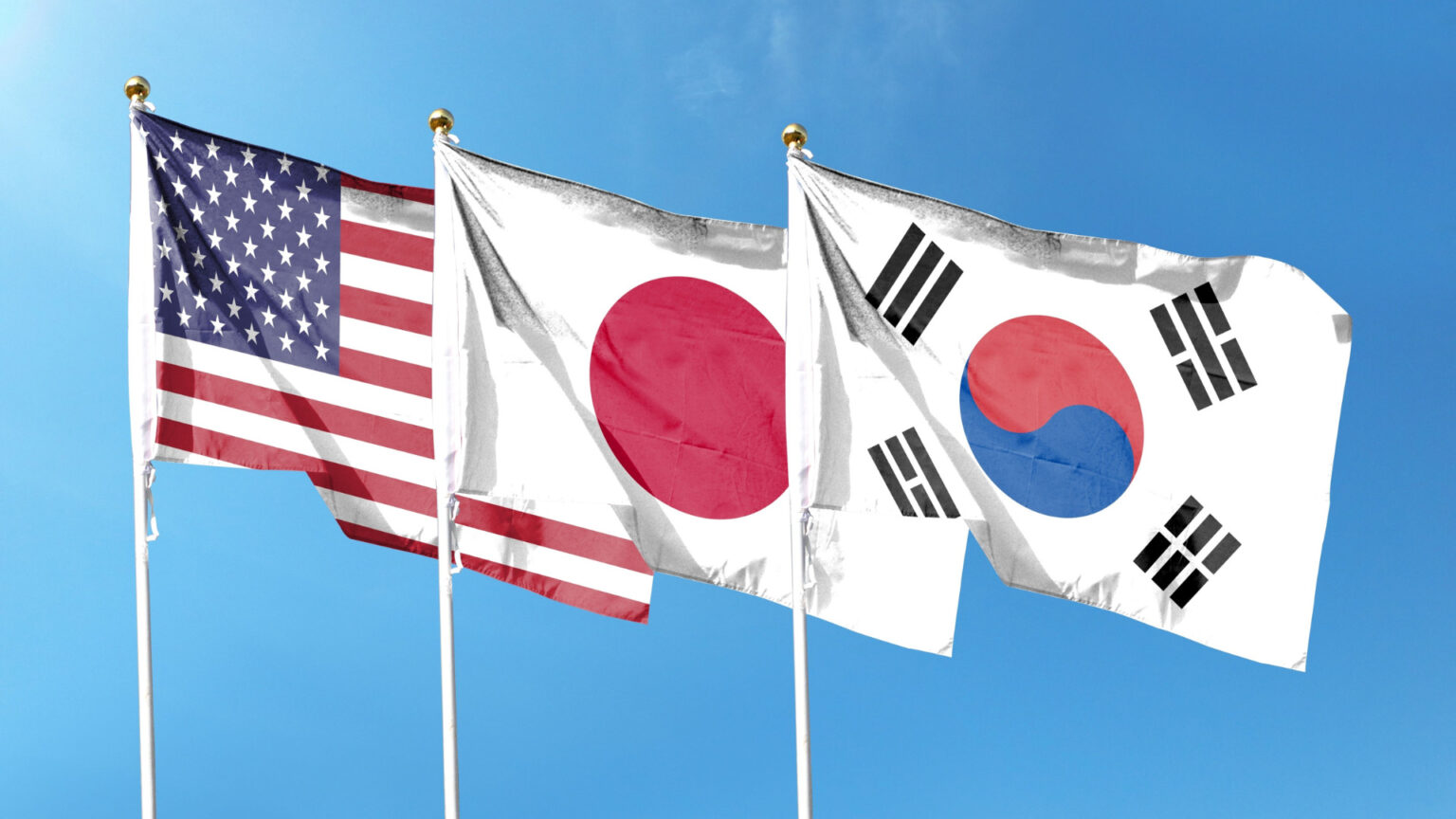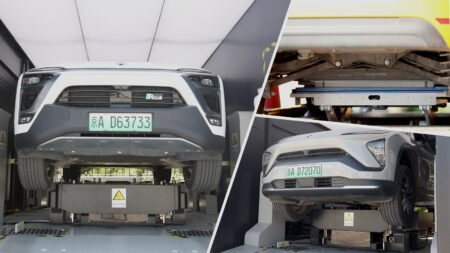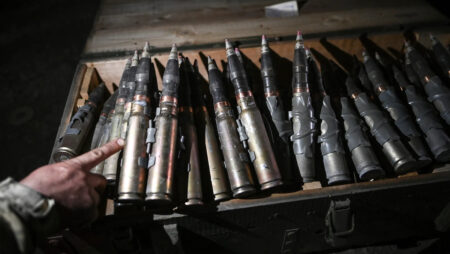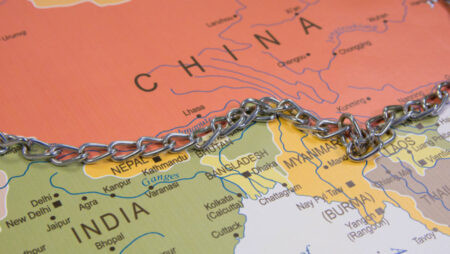According to the White House, US President Joe Biden will welcome South Korean President Yoon Suk-Yeol and Japanese Prime Minister Fumio Kishida on August 18.
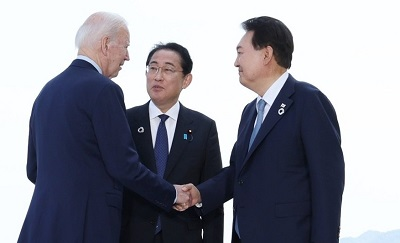
The Purpose
The summit will discuss global and regional security issues with North Korea’s “continued threat” as its top agenda item, according to The Japan Times.
According to the White House, South Korean President Yoon Suk-yeol and Japanese Prime Minister Fumio Kishida will be hosted by US President Joe Biden.
The meeting will also take place at Camp David, the president’s retreat in Maryland, according to a White House announcement, as the three leaders seek to increase trilateral collaboration “across the Indo-Pacific and beyond.”
According to The Japan Times, White House press secretary Karine Jean-Pierre stated that the summit will “advance a shared trilateral vision for resolving global and regional security obstacles, advancing a rules-based international order, and bolstering economic prosperity.”
Earlier Interactions
Since 2015, there hasn’t been a foreign leader visit to Camp David. American presidents’ private retreat Camp David in Catoctin Mountain Park has frequently been used as a place to reflect on challenging choices or to welcome significant dignitaries. In April 2008, cautious President Lee Myung-bak met with American President George W. Bush in Camp David, making him the last Korean leader to do so.
According to reports, the presidential and prime ministerial delegations were talking about holding the trilateral meeting on a regular basis.
Cho claimed that without Korea’s attempts to strengthen ties with Japan, the summit would not have taken place.
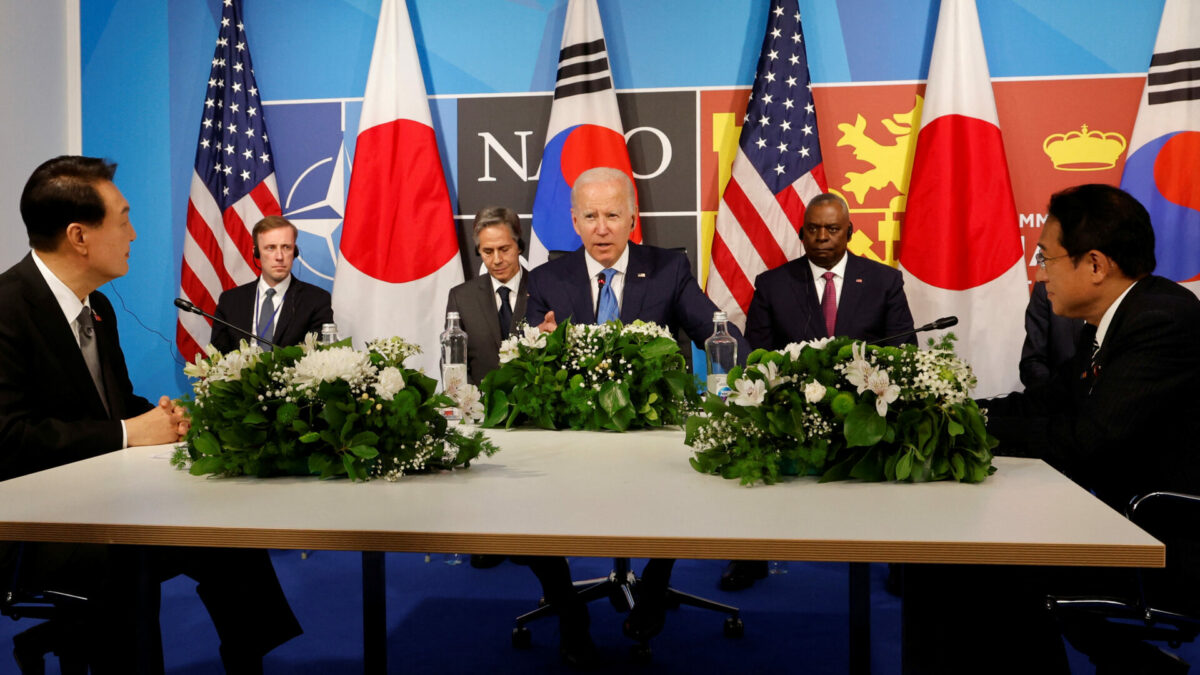
The Korean government put forward a fund backed by Korean corporations to reimburse victims of Japanese wartime forced labor, which helped to significantly improve the bilateral relations that frequently sour over disagreements on geographical and historical matters dating back to the 1910–1945 Japanese annexation of Korea.
Several of the victims, community organizations, and liberal Democratic Party members have all strongly opposed the plan.
An alliance against North Korea
In addition, the three presidents were scheduled to discuss how they would respond to North Korea’s ongoing nuclear weapons development, its alleged military ties to Russia, and maybe Japan’s intention to discharge radioactive waters into the sea this year.
North Korea has defied resolutions of the UN Security Council that forbid its ownership and testing of the weapons by launching a barrage of missiles lately, including the solid-fuel Hwasong-18.
After years of strained relations due to differences over wartime labor and other historical issues, Pyongyang’s unprecedented spate of more than 100 missile tests since last year has contributed to bringing Japan and South Korea’s ties nearer as they look to work together on security issues, which includes with their shared ally, the U.S., according to The Japan Times.
In order to respond forcefully both militarily and diplomatically to the North’s ongoing missile provocations, South Korea and the United States are still in regular contact, Cho added.
Cho cautioned that any arms sale with North Korea “is an obvious infraction of UN Security Council resolutions” in light of the North’s recent military display, which was witnessed by Russian and Chinese officials, as well as allegations of arms transfers between North Korea and Russia.
He said, “Russia should play a helpful role for North Korea’s disarmament considering its status as a permanent participant of the Security Council and its backing for previous Security Council resolutions.
Russia-Ukraine War as a catalyst
In light of Moscow’s conflict in Ukraine and the escalating Sino-American rivalry, the US and its allies have put pressure on Japan and South Korea. According to The Japan Times, they have previously attempted to put some space between themselves and their neighbor’s nuclear and missile aspirations.
Sergei Shoigu, the Russian military minister, was seen with Kim at a defense expo examining restricted North Korean ballistic missiles, which marked a change in the course of his visit to Pyongyang.
In answer to a query over the recent visit to Pyongyang by the Russian defense minister, the US stated that it would not be reluctant to put restrictions on North Korea and Russia when required, as they had done so previously a number of times.
Cho said that the Korean government was collaborating closely with the United States to prevent any adverse effects on Korean businesses, adding that he was additionally speaking with the U.S. Deputy Secretary of Commerce Don Graves about the latest speculation concerning possible U.S. export limits on AI chips.







